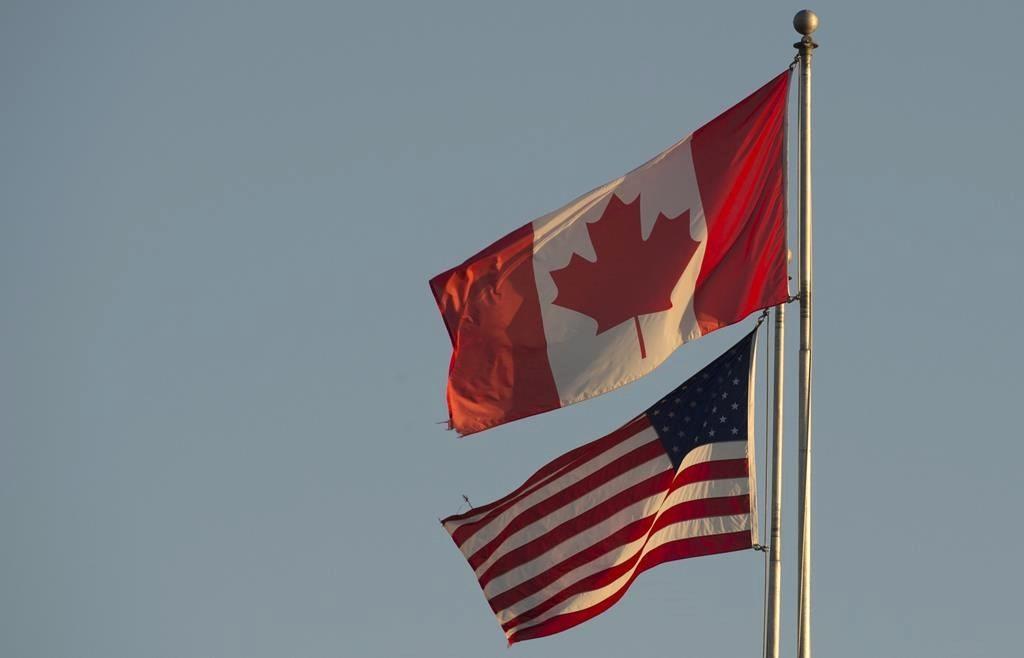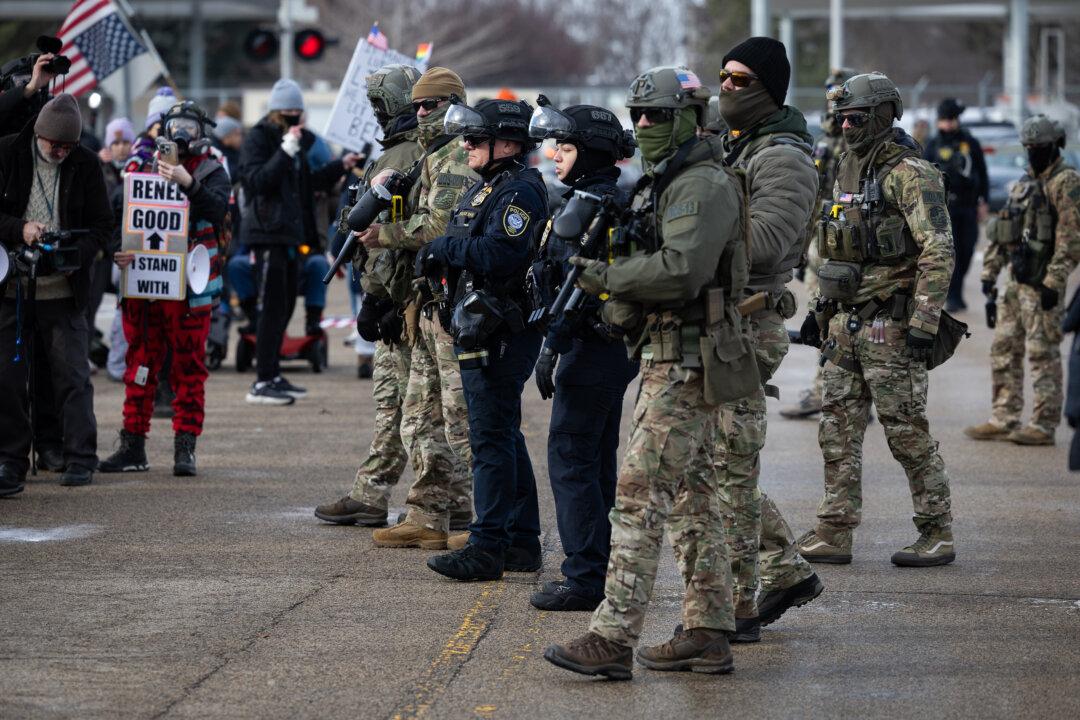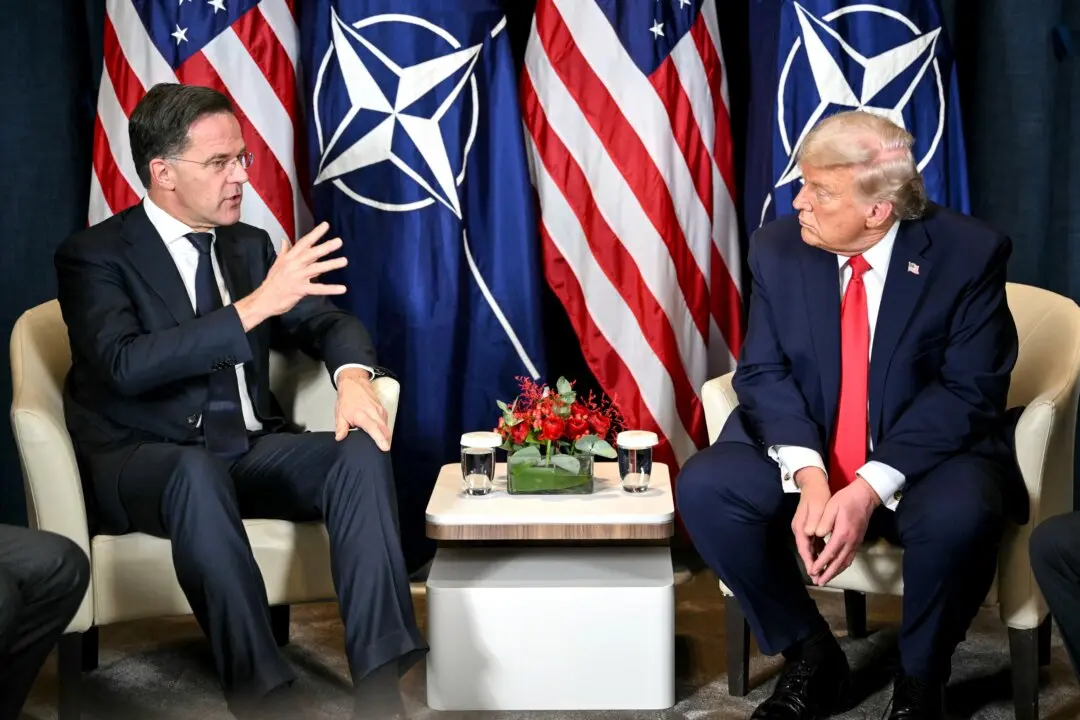Commentary
On Sept. 14 I gave a speech in Washington for Hillsdale College, the prestigious Midwestern American conservative university that has a campus in Washington. I was asked to give constitutional advice to the United States from a Canadian perspective. The following are excerpts from that address.





